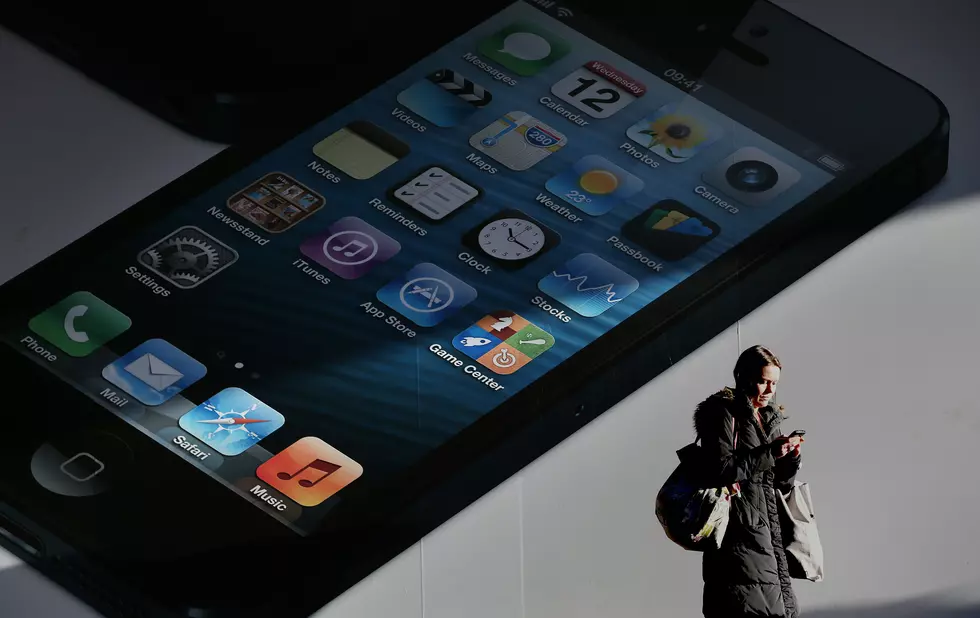![What is ‘Net Neutrality?’ Heck if Stephen Colbert Knows… [OPINION, SATIRE] [VIDEO]](http://townsquare.media/site/41/files/2014/01/Stephen-Colbert-December-2013-by-Stephen-Lovekin-Getty-Images-598x630.jpg?w=980&q=75)
What is ‘Net Neutrality?’ Heck if Stephen Colbert Knows… [OPINION, SATIRE] [VIDEO]
What is net neutrality or Internet neutrality?
There is a more sophisticated definition than that which you will find below but here is how I am explaining it.
Picture a road race where all of the runners are gathered together at the starting line. Now, instead of letting the runners gently and naturally (ideally) muscle their way through the crowd, we let the runners who are bettered equipped to run the race - say they have better gear, have been running longer, drank fewer beers the night before - buy their way to the front of the line.
With net neutrality, a term coined by author Tim Wu, all of the runners - or in this case Internet content providers - are treated equally. In other words, data coming from Goliath is just as accessible as data coming from David. (I could have used the word "information" there instead of "data" but the latter lent itself more to a Doctor Seuss rhyme and so I let it stand.)
If net neutrality goes bye-bye, and it looks like it might, content providers could make the ground a little less bumpy for content that it approves, and hinder the free-flowing technical progress of (i.e. charge a fee to) content providers deemed competitive. It is kind of like a "Hunger Games" scenario for those who put stuff up on the Internet (which by now is just about everyone).
It is a controversial topic that has been widely debated since the Federal Communications Commission's "Open Internet Order" of 2010. The Order, in the eyes of its proponents, mandated that all Internet broadcasters operate on a level playing field. Critics say no regulation is necessary and that those in charge of the Internet understand its users inherent intolerance of anything that is less than open.
From the onset the controversy was complex. Opening arguments in the case, "Verizon vs. Federal Communications Commission and Independent Telephone & Telecommunications Alliance, et al," were heard on September 9, 2013. The U.S. Court of Appeals did not issue its response to the Request for Review and Appeal of the order until January 14, 2014.
In concluding the 81-page decision here is what the federal appellate court had to say:
"This regulation essentially provides an economic preference to a politically powerful constituency, a constituency that, as is true of typical rent seekers, wishes protection against market forces. The Commission does not have authority to grant such a favor."
In other words the court basically ruled that the FCC does not have the authority to operate as a traffic cop - at least in this instance - on the information superhighway.
Satirist and Comedy Central's "Colbert Nation" host Stephen Colbert reacted to the decision this way:
Forbes contributor Larry Downes has another opinion: (http://www.forbes.com/sites/larrydownes/2014/01/24/the-end-of-the-fccs-net-neutrality-rules-for-now/).
What do you think about net neutrality? Comment on our Facebook page (https://www.facebook.com/WIBX950AM) and vote here:
More From WIBX 950









